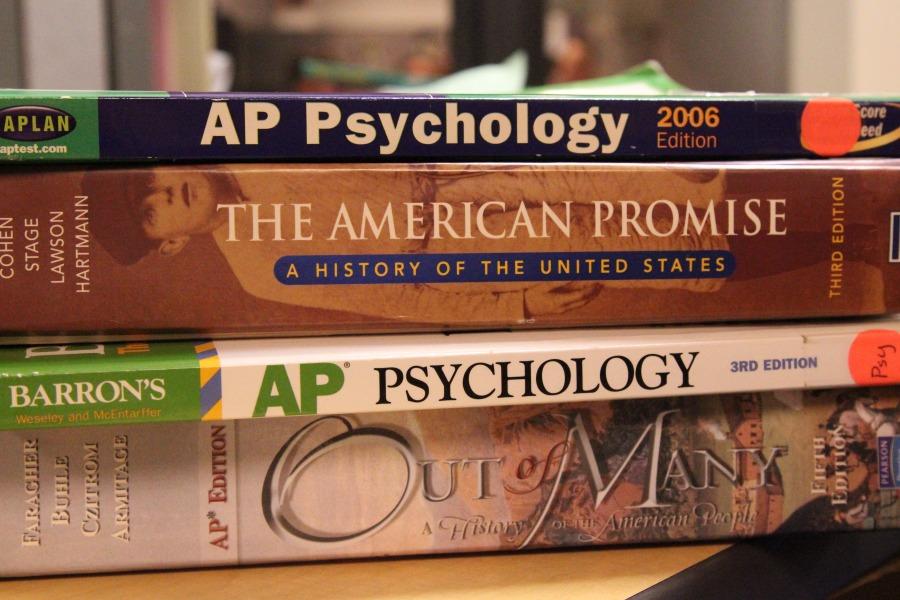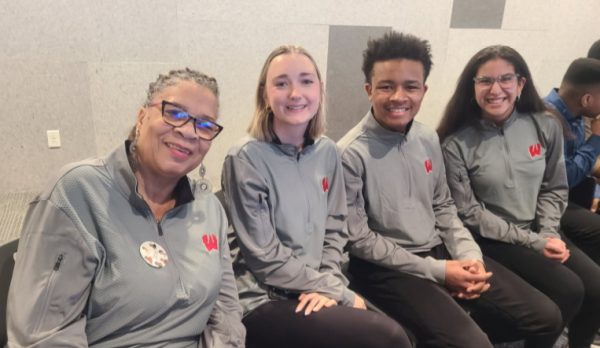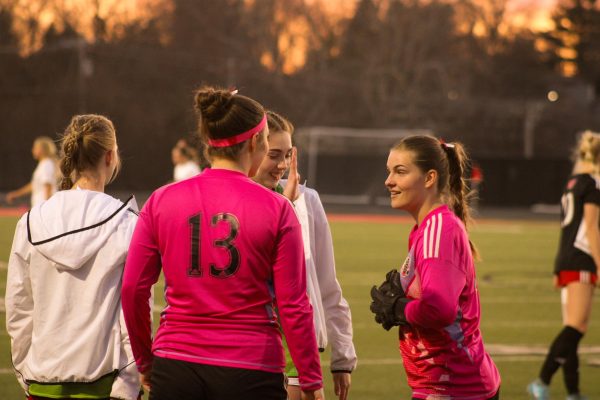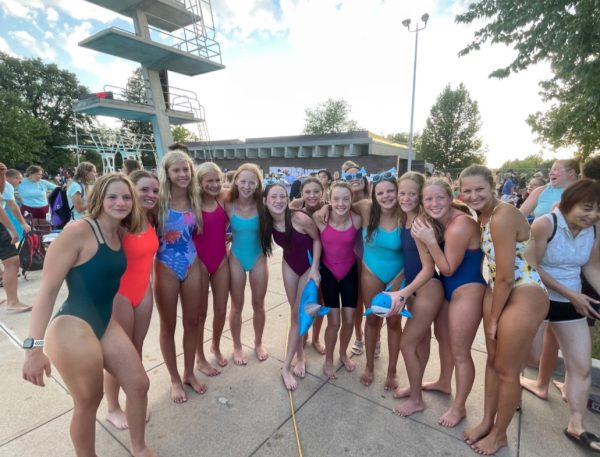AP Overload
Westside is known for challenging its students academically. Many prosper with these opportunities and manage to challenge themselves in ways that sometimes teachers even have a hard time understanding.
Advanced Placement (AP) classes line the schedules of high-acheiving students each year. With the numerous AP course offerings — 20 to be exact — students have the chance to choose one that fits their desired plan of study. With the wide variety of AP courses in which to enroll, a problem can sometimes arise for students: choosing which AP classes to take and which ones to pass on during course selection.
Given the way Westside works, a good amount of students will take at least one AP class throughout their high school career. A popular AP course generally taken during junior year is AP United States History. Social studies department head Bob Brousek, who has taught AP United States History for the past 12 years, knows there are many students in his course who are taking other AP classes, as well.
“I have had many students who have taken multiple AP’s during the year,” Brousek said. “The combination that tends to be popular junior year is AP United States History and AP Psychology or AP United States History and AP European History.”
Finding students who take these combinations of AP courses is not a difficult task. But regardless of the classes that students may be taking, or the difficulty of the course, to be successful, students must maintain and portray certain credentials.
“The students who are motivated and who are able to really have the skill of organizing their time wisely do pretty well because they have maybe the internal motivation and they have developed the skill of organizing their time and using their time effectively,” Brousek said.
These motivated individuals also have the ability to set aside time to study and focus on the things that need to get done in a timely manner. These students, according to Brousek, are also the ones who have the ability to put their academic lives before their social lives.
Although many students are successful and can do well in multiple AP courses at a time, some can have difficulties managing the course work and can even fall behind.
“I’ve also seen students who are taking all of that load and then they struggle because they don’t know how to either study, or they don’t have the skill to manage their time,” said Brousek. “For example, I see students who are either in [the Social Studies IMC], or somewhere else, that are sitting and visiting and yet really, in reality, they sit back and say, ‘I should be doing this, this and this, but I’m not going to do that and I’m going to visit with my friends for a couple of hours instead.’ Then all the sudden they are the ones who sturggle in my course a little bit and they are the ones who get the lower grades and the lower scores on the AP test.”
How well students preform in classes depends ultimately on the student, their studying habits and their mindset, however, some of the effects that are seen by teachers on students because of a full AP course load are vary similar regardless of the student.
Students are seen by teachers as being both physically and mentally affected due to the amount of extra curricular activities that they are involved in and the number of courses, both AP and non-AP that they are taking.
“Normally what it looks like is physical fatigue and mental fatigue,” Brousek said. “You hear it and you see it in the comments that students make. Sometimes you see it in the look in their eyes when they are thinking, ‘How am I going to fit it all in my schedule?’ Usually I catch it and see it when students say, ‘Yeah I had to stay up until 12:30 [a.m.] to 1 [a.m.] to finish all of this. Sometimes the reason is because they put it off, other times its because they are too over-scheduled.”
While some students may see hardships and have to overcome a loss of free time due to taking multiple AP courses, the long term benefits that come along with taking these rigorous course can help students in the long run and later on in their academic careers.
“[Students in AP] get more challenging pieces of writing,” Brousek said. “They get more of this idea of, ‘Hey, I have to read this piece of writing outside of class idea and remember what I’ve read.’ That is something that college professors will ask students to do sometime during their university years and for the student who has done that in high school, it’s not a brand new experience. If the student never went through high school having that experience and all for the sudden walking into the university level where that is the expectation, it becomes a huge awakening and surprise.”
Your donation will support the student journalists of Omaha Westside High School. Your contribution will allow us to purchase equipment and cover our annual website hosting costs.







